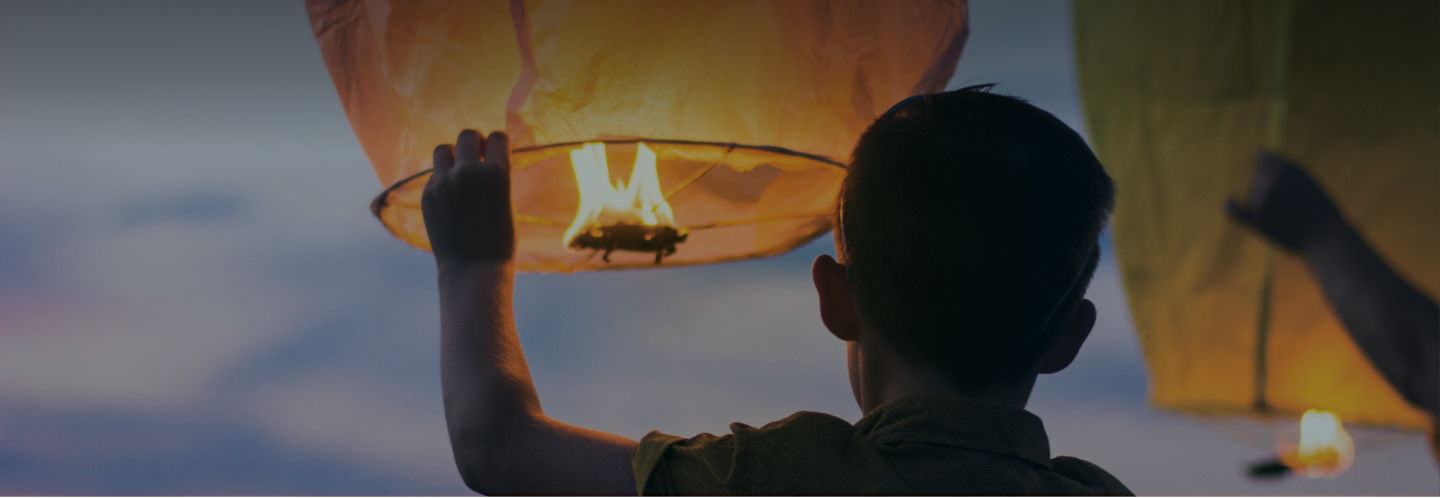One of the hardest things about the death of a parent or brother or sister is realising that they won’t be around to share birthdays, holidays, celebrations and other important events in your life. These special events can all be difficult after someone has died. Although the way they are celebrated may be changed forever, they can become special occasions that can be used to remember your mum, dad, brother or sister in a positive way.
Getting through these tough times can be made a little easier if you can talk about it and plan ahead. Balancing everyone’s needs can be really tricky. (And there may be times when you just can’t be bothered, or feel angry.)
Sometimes the adults in your life might forget to include you in discussions about how to deal with things like birthdays, Christmas, anniversaries or annual holidays. Open and honest communication is the key. Find someone you trust to share your thoughts and ideas on how you would like these events to happen.
It can help to have a conversation about ways to bring your parent, brother or sister whom you have lost into the experience and have them be present in some way. There are many ways that you can do this.
Here are a few ideas:
-
Talk about family traditions
-
Do things that your parent, sister, brother liked doing on these events e.g. playing monopoly
-
Cooking/bringing along their favourite dessert, meal, snack or drink
-
Playing your parent’s, sister’s or brother’s favourite music in the background
-
Wearing a piece of their clothing, jewellery or perfume
-
Telling jokes or stories that your parent, brother or sister liked telling
-
Acknowledging your parent, sister or brother in the event somehow e.g. time to discuss memories
Each of you may have a different idea on how and what you do to mark these events. Don’t expect too much of yourself or your family. There isn’t anything you ‘should’ do or feel. It will probably be hard and you may need to take special care of yourself.
Often the ‘firsts’ of these are the hardest – because you can’t imagine what it will be like and you may be really scared about how hard it will be. That’s not to say that others won’t also be hard and painful, but you may have developed some ways to get through them. The lead up to the day can be worse than the actual day.
Things to think about: Will you do the same things that you have always done? If not – what will you do differently? There is no right or wrong way to do it. Figuring out what works for you may take a while, and might change later on.
A word about friends: You may have already learned that life for your friends continues on as normal and that they forget that you are grieving. If you need some support during anniversaries or special celebrations, don’t be afraid to ask.
For extra support, why not join our online space where you can connect with other young people going through a similar experience to you, or chat with one of our counsellors.














